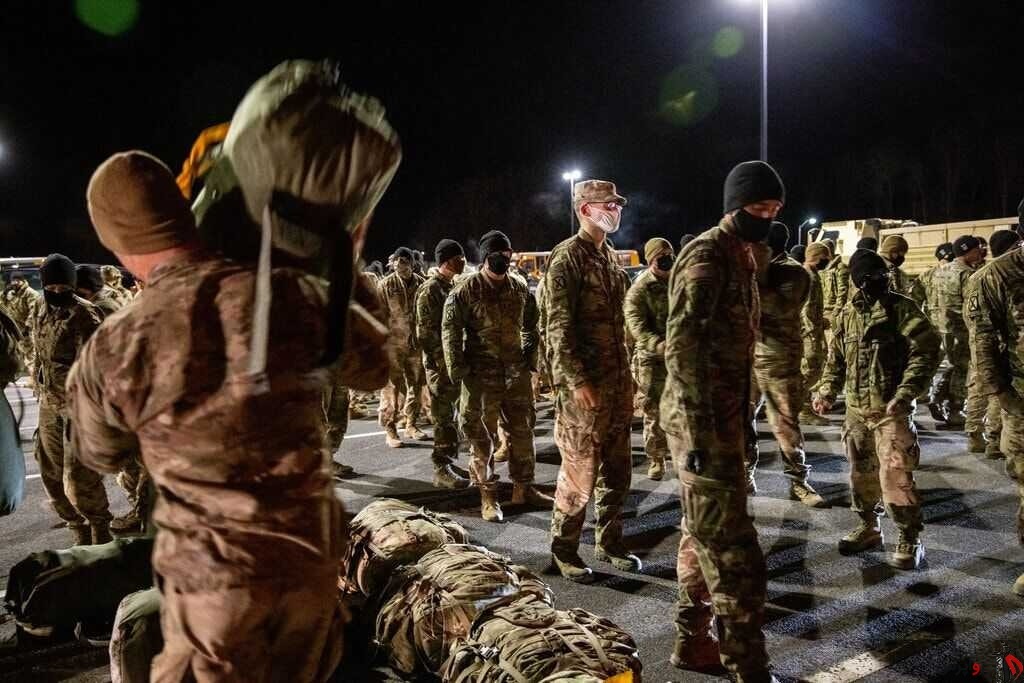Mohammad Reza Asgari Moroodi told the Strategic Council on Foreign Relations that it is necessary to note that Americans during the past nearly two decades of their presence in Afghanistan failed to reach the necessary accomplishments despite proposing specific slogans about the fight with terrorism and extremism, the fight with the cultivation, production and transit of narcotics from Afghanistan to other countries and also guaranteeing individual, political, social and civil freedoms. They failed in all these areas.
He added that “from this viewpoint, the Afghan society considers the United States of America as a big loser in Afghanistan. In the meantime, from the viewpoint of the people of Afghanistan, the two-decade long presence of America in Afghanistan has intensified war and instability and has not had a tangible achievement for the people of Afghanistan.
According to this expert, in the area of the fight with terrorism, during the past twenty years and concurrent with the presence of American troops, Afghanistan was facing the expansion of activities and violence of Taliban. And in the past several years, Afghanistan was witness to the entry of Daesh terrorist group in the east of the country.
Asgari added that the center of Nangarhar province has been chosen as the main base for the Daesh terrorist group.
Referring to the terrorist operations of Daesh in the heart of the capital of Afghanistan, he said this issue indicates that in any way, the government of the United States of America has failed despite its claims of fighting with the Taliban, the Al-Qaeda and various types of terrorists in Afghanistan; Especially, the entry of the Daesh terrorist group and its formation in Afghanistan are some of the tangible indications of the failure of the White House policies in Afghanistan.
Referring to the issue of the cultivation of narcotic drugs and poppy in Afghanistan, he said according to the figures published by international organizations, in recent years, the cultivation of such narcotics has increased by more than four times compared to the period before the occupation of Afghanistan by the US.
Expert of Afghanistan issues said “concerning the deepening of democracy and establishment of individual, social and political freedoms in Afghanistan, we witness that according to the figures issues by international institutes, this country is the most dangerous place for journalists and media activists.”
Asgari referred to holding elections in any country as a symbol of manifestation of the political participation of people, saying “this is while holding elections in Afghanistan has always faced serious threats and in various periods of presidential, city and provincial council elections, many cities were unable to hold elections and participate in them.
In the meantime, he pointed the internal reasons of the White House to withdraw from Afghanistan and referred to the strong presence of US Army troopers in the past 20 years in Afghanistan and added that “this presence has not only failed to realize the White House goal of the fight against terrorism, but also did not realize the demands of the government and nation of America.”
Asgari said therefore the Americans decided to exit Afghanistan in order to end a long term period of military presence in another country and stop additional financial and human losses.
Intensification of insecurity after the hasty exit of the US from Afghanistan; a leverage for exaggerating the effectiveness of two decades of military presence in this country
This expert of Afghanistan issues said that concurrent with the announcement of the exit of American forces from Afghanistan, we are witness to the intensification of insecurity by the Taliban and collapse of more than 80 cities by this group.
“These measures and acts by the Taliban provided this opportunity for Washington to promote in their media that with the decision of the US Army to exit Afghanistan, this county in practice has entered a new era of insecurity and violence and therefore, the United States is using these conditions with the goal of exaggerating the effectiveness of its two-decade long presence in Afghanistan.”
He concluded that “in other words, the US is trying to portray its presence in Afghanistan as a success in creating stability and controlling the Taliban group and tells the world that now that the US has gone from Afghanistan, countries such as Iran that were calling for the withdrawal of American troops from the region should now be able to control the Taliban. This is while the US has never played the role of controlling.”










0 Comments